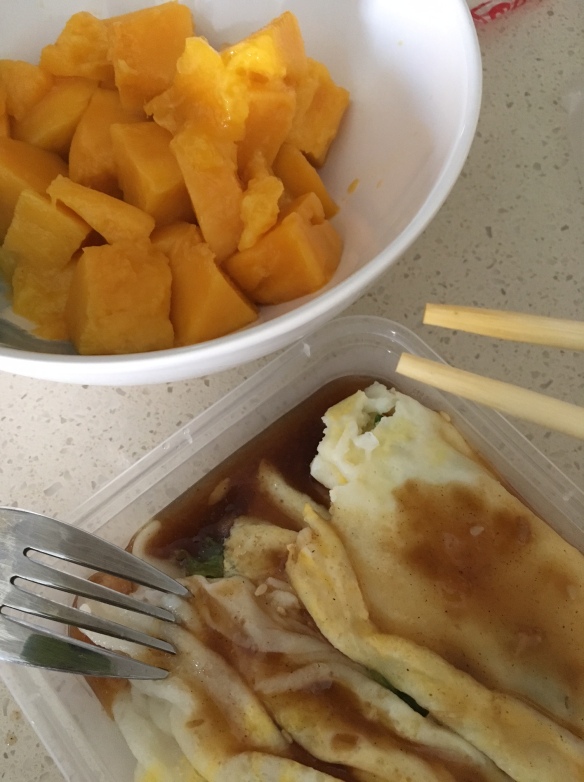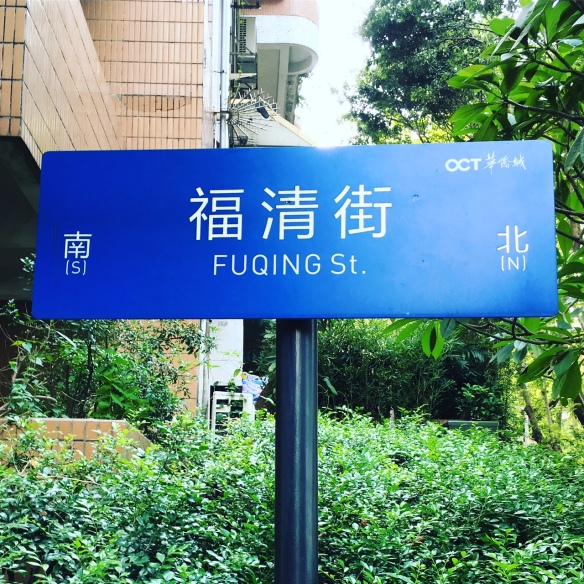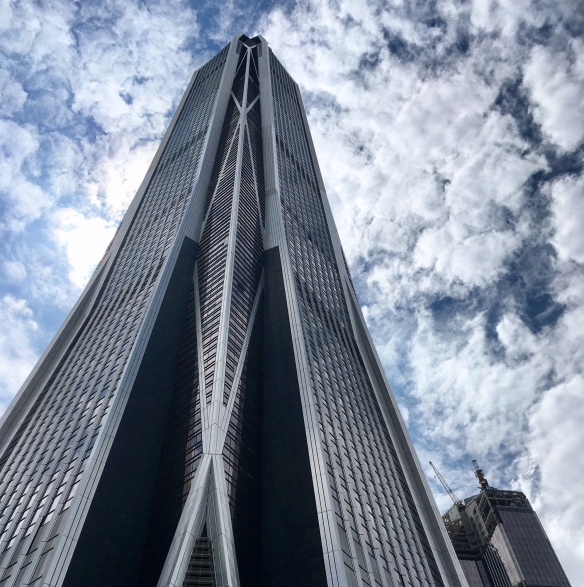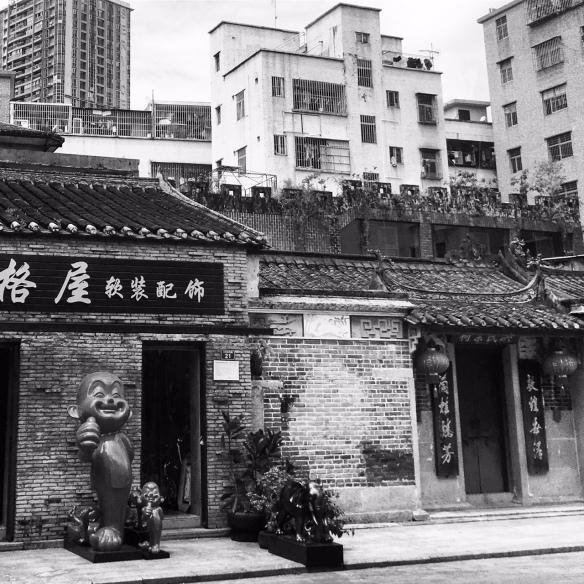It’s been long enough that we are through the honeymoon phase of our move. We should be thoroughly into the “hating it all” phase, but remarkably, we’re fairly content. A few months time living in Shenzhen has given us a bit of perspective, and we’ve seen much of the city now (but not all of it by any means). We still find the generous greenery appealing. We still can’t believe there aren’t a million traffic fatalities every day. We have learned more about the city, and made more observations. Here are some.
Population: almost 12,000,000. Some estimates place the actual population, including those who aren’t registered officially, closer to 17,000,000. It’s China’s fourth most populous city, behind Guangzhou, Beijing, and Shanghai. I figure it’s part of the reason traffic laws and crosswalks aren’t necessarily paid much heed to, but that maybe just because the cops in the vicinity don’t care much. I hear other districts have more rigid policing. Anyway, since Shenzhen is such a big city, it takes a long time to get around. Speaking of getting around…
Didi: it’s Uber, but bought out by a Chinese company. With a new English interface, Didi makes hailing a ride much easier. I set it up, in conjunction with the ubiquitous social app WeChat, so that our rides are automatically debited from my bank account. This leads us to…
WeChat: it’s China’s do-all social app, and it’s mind-blowingly convenient. I can scan a QR code to pay for food, taxis, bicycle rentals (something else very China), and the like, after linking my bank account. I can use it like Facebook or like Facebook Messenger. It’s a bit like Apple Pay meets Facebook and they have a baby. A really convenient baby. Now, back to observations–a drive, or indeed a Sunday afternoon stroll, could not be accomplished without witnessing…
Skyscrapers: lots of them! The Ping An International Finance center, designed by an American firm, was just finished this year, and it is the fourth tallest building in the world. There are high-rise apartments everywhere. Quality, if you’re wondering, doesn’t seem to be especially high in most buildings, though they are evidently safe enough. Speaking of super tall buildings, presently, according to CNN, there are 49 buildings over 200 meters tall in Shenzhen.

Newly completed, Ping An International Finance Center reaches 599 meters into the sky, making it the world’s fourth tallest building. It comes within about 10 meters of being the third tallest and is indeed impressive.
Style: still not much. On hot days, of which there are many, men roll up their shirts to keep their navels cool. As I mentioned in an earlier post, my coworkers christened this the “Beijing Bikini,” while I just call it cringe-worthy. Other men shirk the shirts altogether, regardless of whether or not they have a body worth showing off. One must admire the unselfconsciousness of these guys, I guess. When it’s hot, you gotta be comfortable, right? To answer your unspoken question, not everybody disregards all sense of taste. There are definitely some elegant dresses and spectacular suits, but they’re in the considerable minority.
T-shirts: we get quite a kick out of seeing things terribly written in English (and sometimes terrible things written in English) on T-shirts here. Check out the hilarious (and highly inappropriate) things people wear courtesy of an instagrammer from Shanghai, who’s made an effort to document some of the ridiculousness here, if you dare. We’ve seen some pretty dumb shirts, but nothing quite the jaw-dropper “I Am a Whore” is, for example. Now, let’s move onto that favored, always-safe conversational topic: weather.

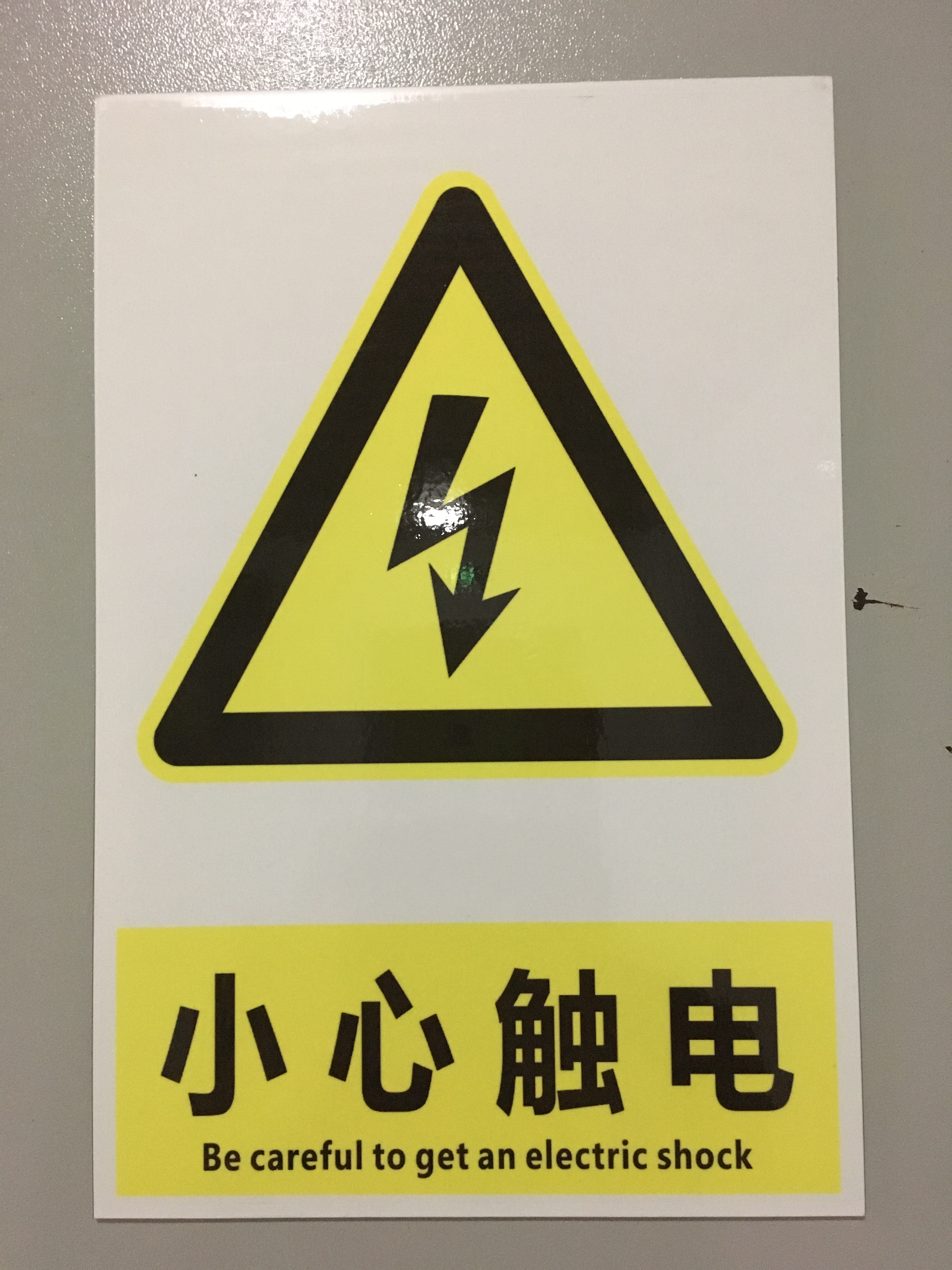
T-shirts aren’t the only things to get puzzling or hilarious English translations, as these signs attest.
Temperature: has now dipped into the upper 50’s (Fahrenheit) at night. It feels like fall at last. Today Jenia even lamented not having brought more cold-weather clothing from the States. Shenzhen veterans tell me temps can dip almost to freezing, and when that happens, it’s mighty unpleasant, for there isn’t any heating inside the school offices. With the mercury dropping, it actually seems appropriate that we should be having…
Thanksgiving: not celebrated by Chinese folks, of course, so Starbucks is already decked out for Christmas. As for us, we will be celebrating over the weekend with friends–folks we know from the UAE, as well as new ones we’ve met on this teaching adventure. One of the enduring pleasures of life abroad is the relationships that spring up and the surrogate families that form.




